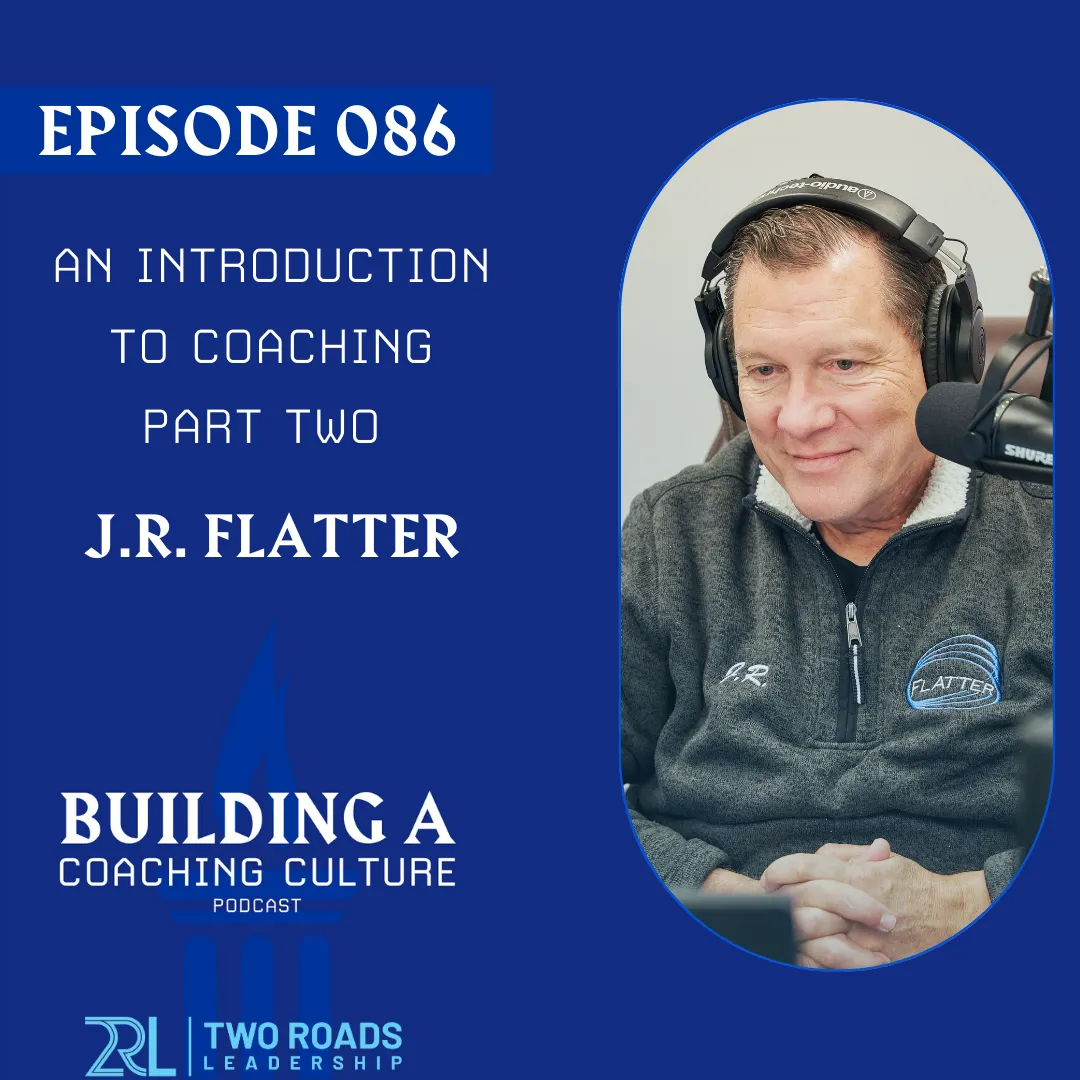In today's episode, J.R. and Lucas Flatter delve into the topic of 'Intro to Coaching - Part 2.' It begins with the understanding that coaching doesn't require perfection; instead, it requires a willingness to embark on a lifelong journey of personal and professional growth.
Joined by leading experts in the field, our host, J.R. Flatter, explores the distinctions between coaching and other methods of leadership, particularly mentoring. We discover that, while mentors often provide solutions and prescribe actions, coaches focus on helping individuals explore their own feelings, gain insight, and make informed decisions.
Key Topics:
* Differences between coaching and other methods of leadership.
* The Importance of the individual leading the coaching process
* What are the Fundamentals of Coaching?
* The Role of Imperfection in Coaching.
* Formal Coaching VS. Coaching in the World.
Building a Coaching Culture is presented by Two Roads Leadership
Produced, edited, and published by Make More Media
Episode Links
J.R. Flatter
Founder of Two Roads Leadership
Lucas Flatter
Resources
2RL 4 day Coach Certification Bootcamp
2RL ICF-Approved Coach Certifications and Trainings
Transcript
Automatic Transcription - please excuse any errors

